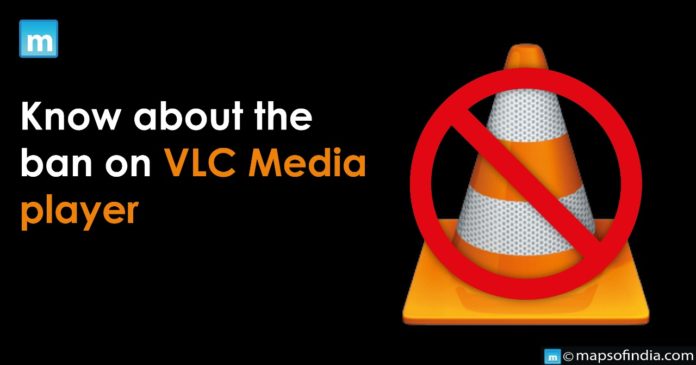What is a VLC media player?
- VLC video player (formerly known as the VideoLAN Client and generally VLC) is an open-source, free, flexible, cross-platform media player application and streaming media server created by the VideoLAN project.
- VLC is accessible on desktop and mobile platforms, including Android, iOS, and iPadOS. VLC may also be found via digital distribution channels, including the iOS App Store, Play Store, and Microsoft Store.
- Numerous audio and video compression technologies and file types, including DVD-Video, Video CD, and streaming protocols, are supported by VLC. It can stream media across computer networks and transcode multimedia files.
- VLC’s default installation contains several free decoder and encoded libraries, eliminating the need to locate and calibrate commercial plugins.
- Many of VLC’s codecs are provided by the FFmpeg project’s libavcodec library, although the player primarily utilises its muxers and demuxers. It has its standard implementations as well.
Recent Updates
- According to MediaNama, VLC was prohibited in India in May 2022, and its website was unreachable from India under the rules of the Information Technology Act, 2000.
- Moreover, according to India Today, neither the creators nor the government of India provided a reason for the restriction.
- The main VideoLAN Twitter account said in August that the website would be restricted in India beginning on February 13, 2022.
- Furthermore, according to a Hindustan Times story, the prohibition might result from ties with China. Following the 2020-2022 China-India conflicts, India blocked over 200 Chinese applications in 2020.
- Another April Hindustan Times article, citing Symantec, stated that Chinese hackers were exploiting VLC to deliver malware.
Complete ban or Partial ban?
- The prohibition issued is a soft ban rather than a complete ban.
- The government has essentially barred accessibility to the original VLC media player website, Videolan.org, from which users could have downloaded the current edition of the VLC Media Player for PCs and Macs.
What about Individuals who still use it?
- Users may still download the software via major hosting websites and other 3rd websites. Still, these downloads frequently carry the danger of containing corrupted files that allow bad actors to inflict significant damage.
- Typically, one must always download software, even gratis, such as the VLC Media Player, from a verified and legitimate source.
- Individuals with the setup file on their local disks or in cloud storage can continue using the application. Furthermore, users with the program installed on their PCs can continue utilising the system.
Major Concerns Regarding the Media Player
- In April this year, cybersecurity professionals stated that a Chinese hacker organisation called Cicada was utilising VLC Media Player to distribute malware on computers as part of a Chinese government-backed hacking effort.
- These hackers primarily targeted individuals downloading files from the Videolan.org website.
- Cicada’s hack is believed to have expanded over three continents. It is focused on espionage, targeting various parties active in governmental, judicial, and religious interests, as well as non-governmental organisations (NGOs).
- Cicada also referred to as Stone Panda, Potassium, menuPass, and Red Apollo, is a threat actor that has been active for over 15 years.





